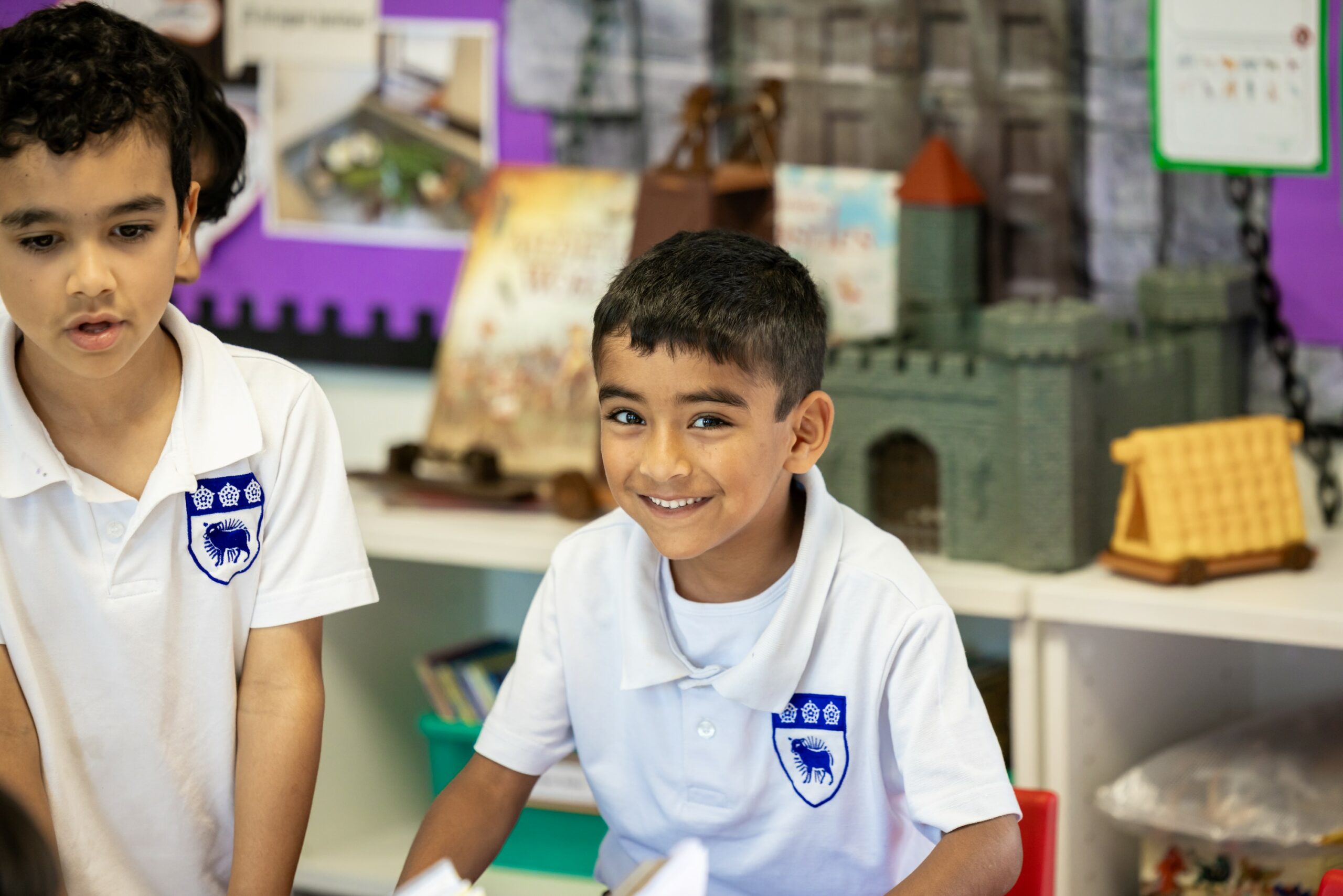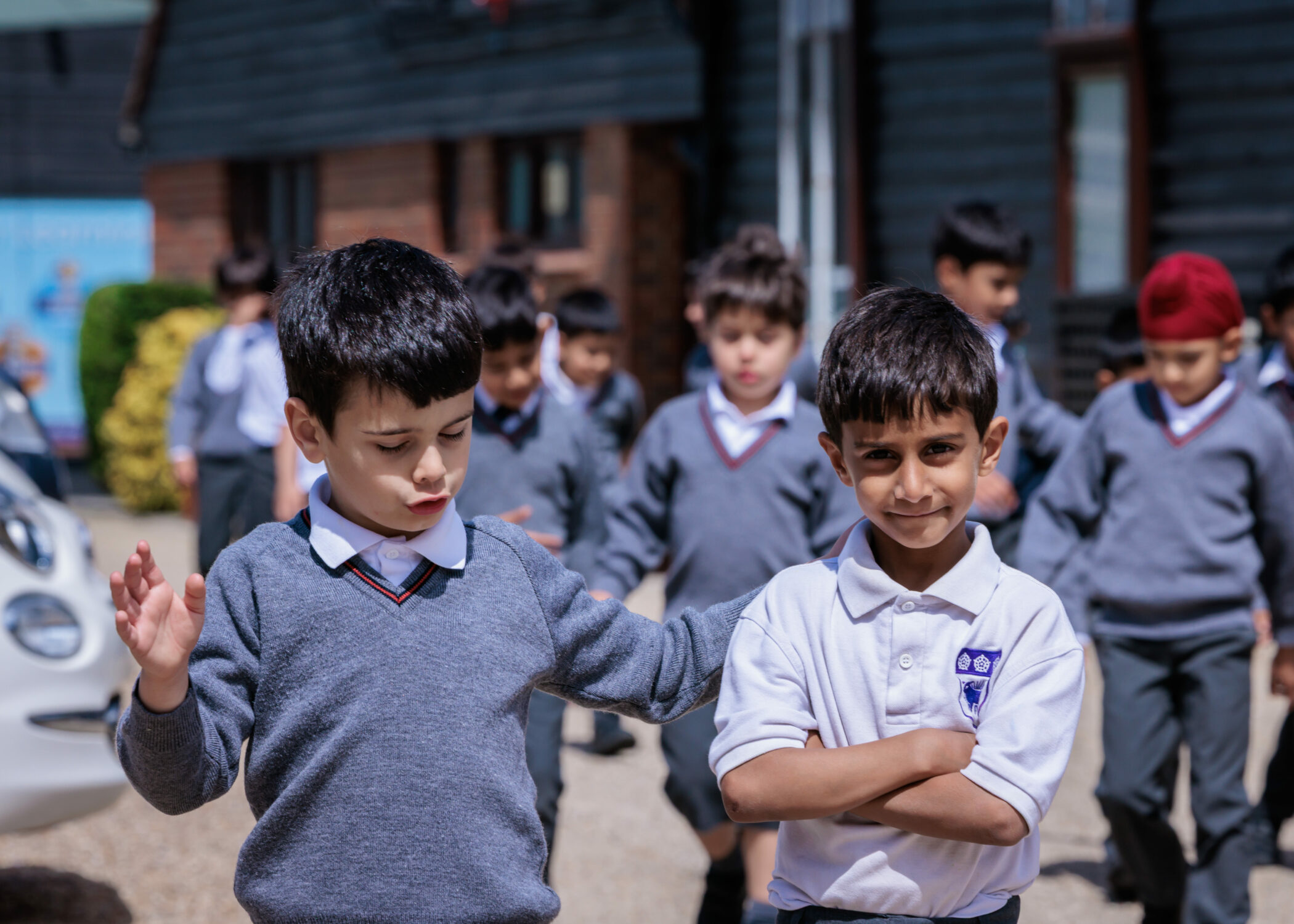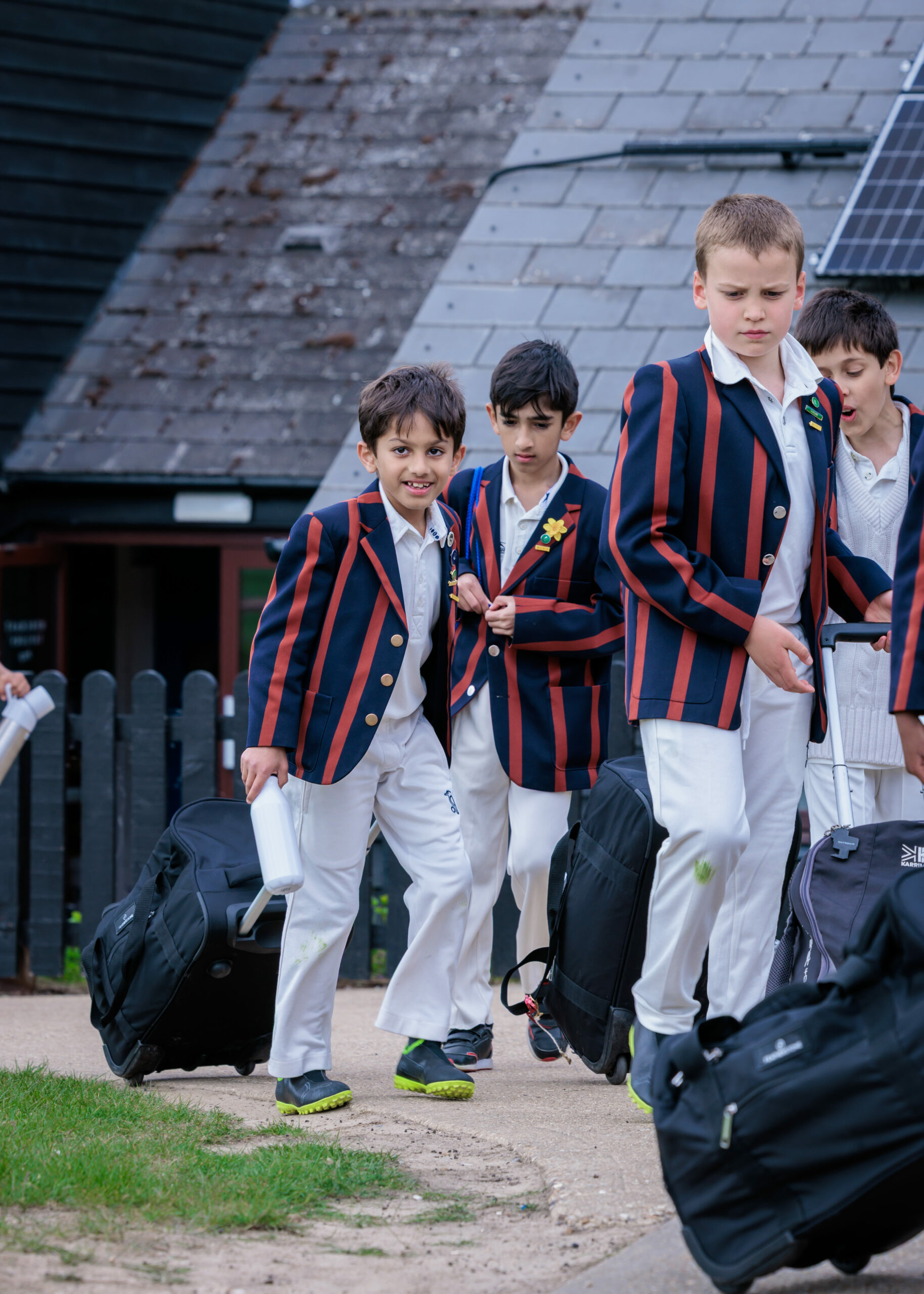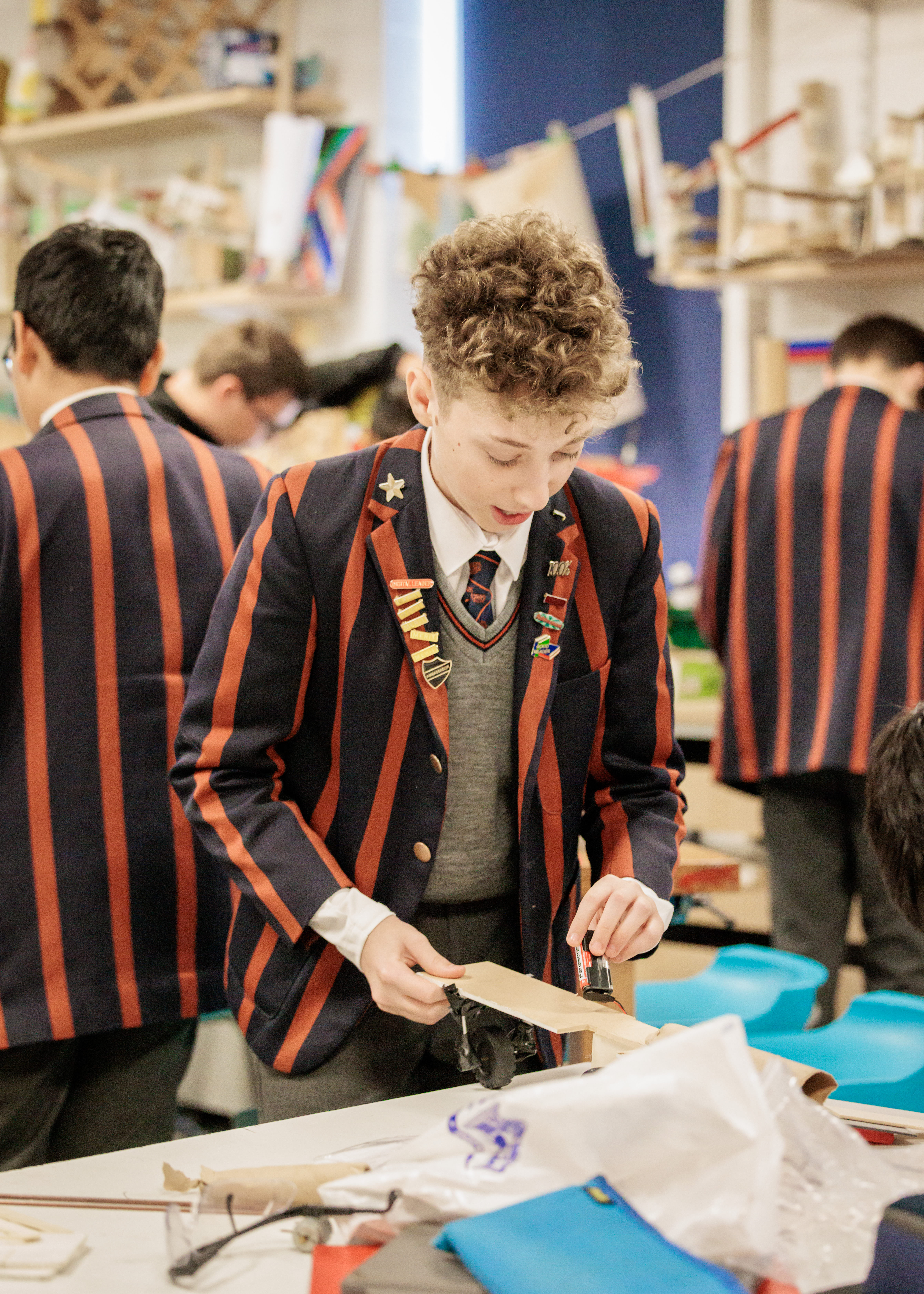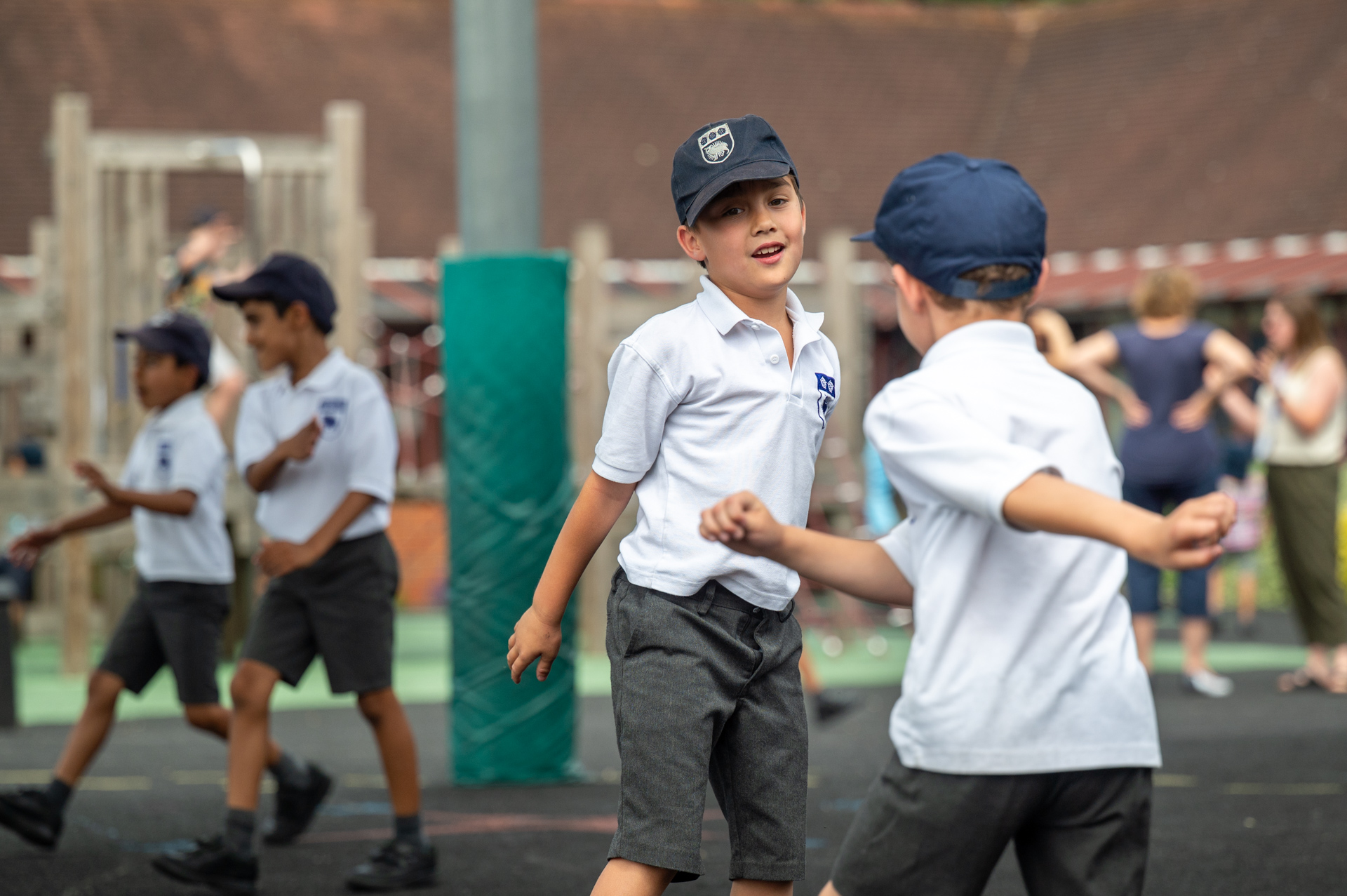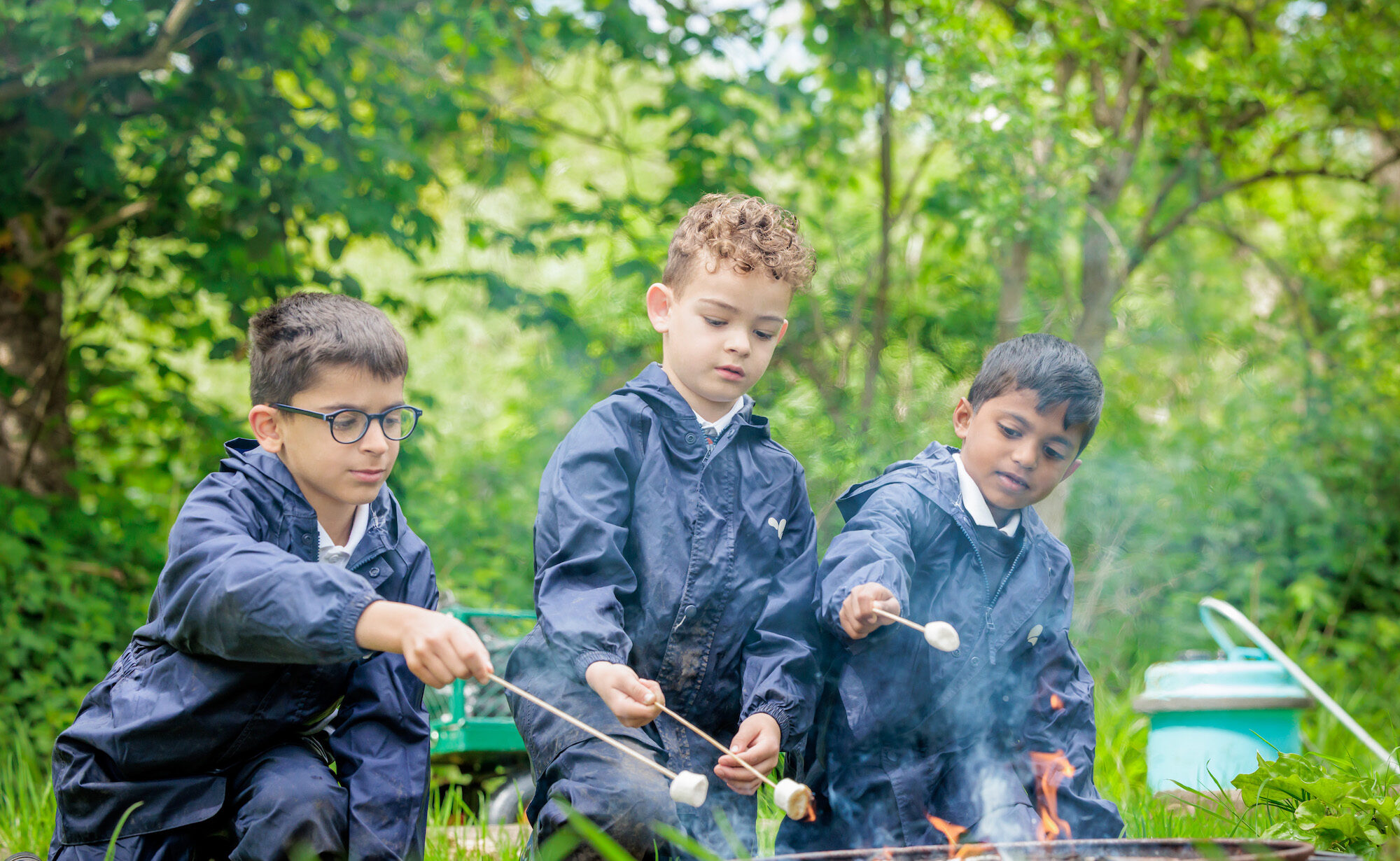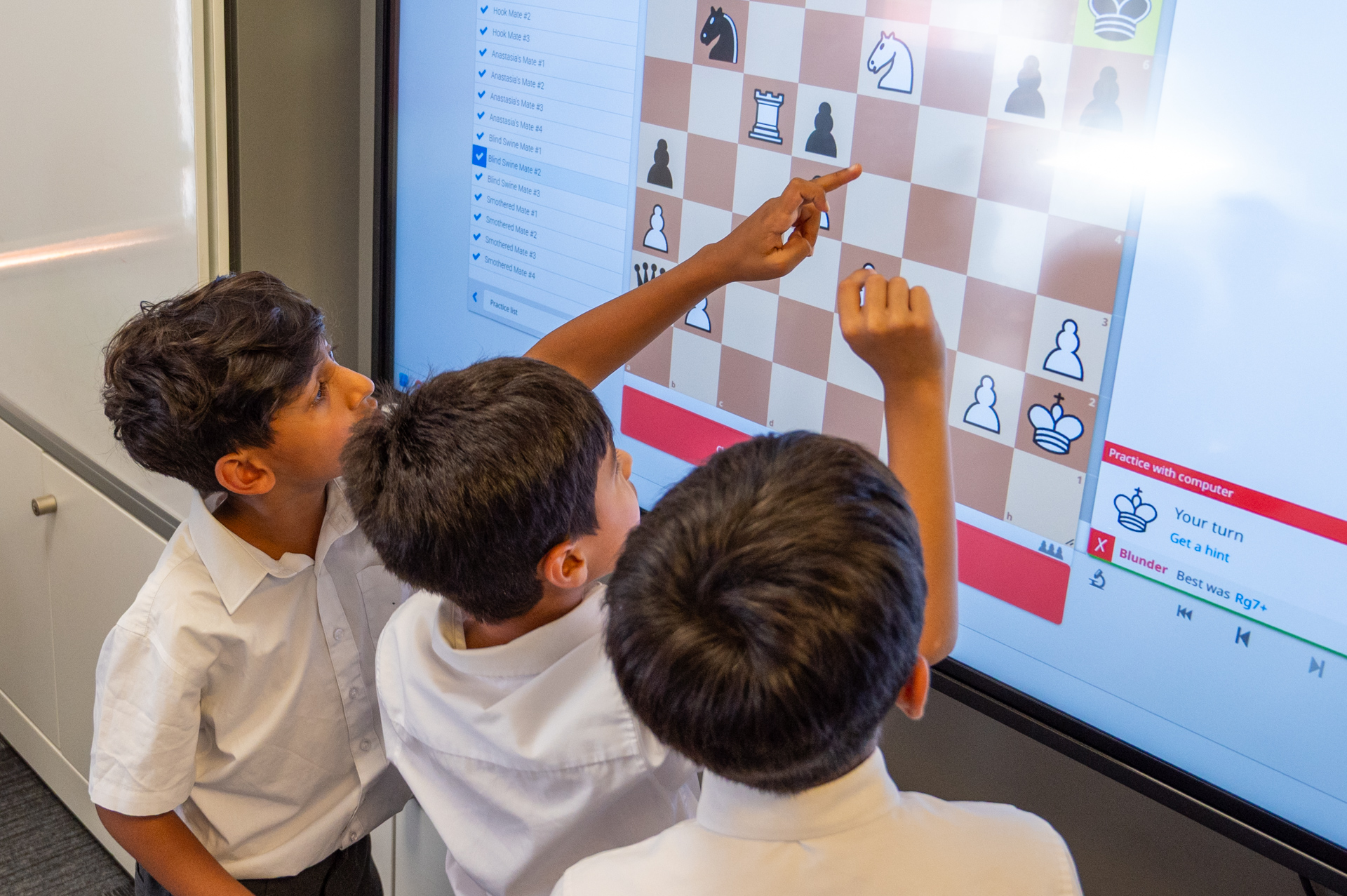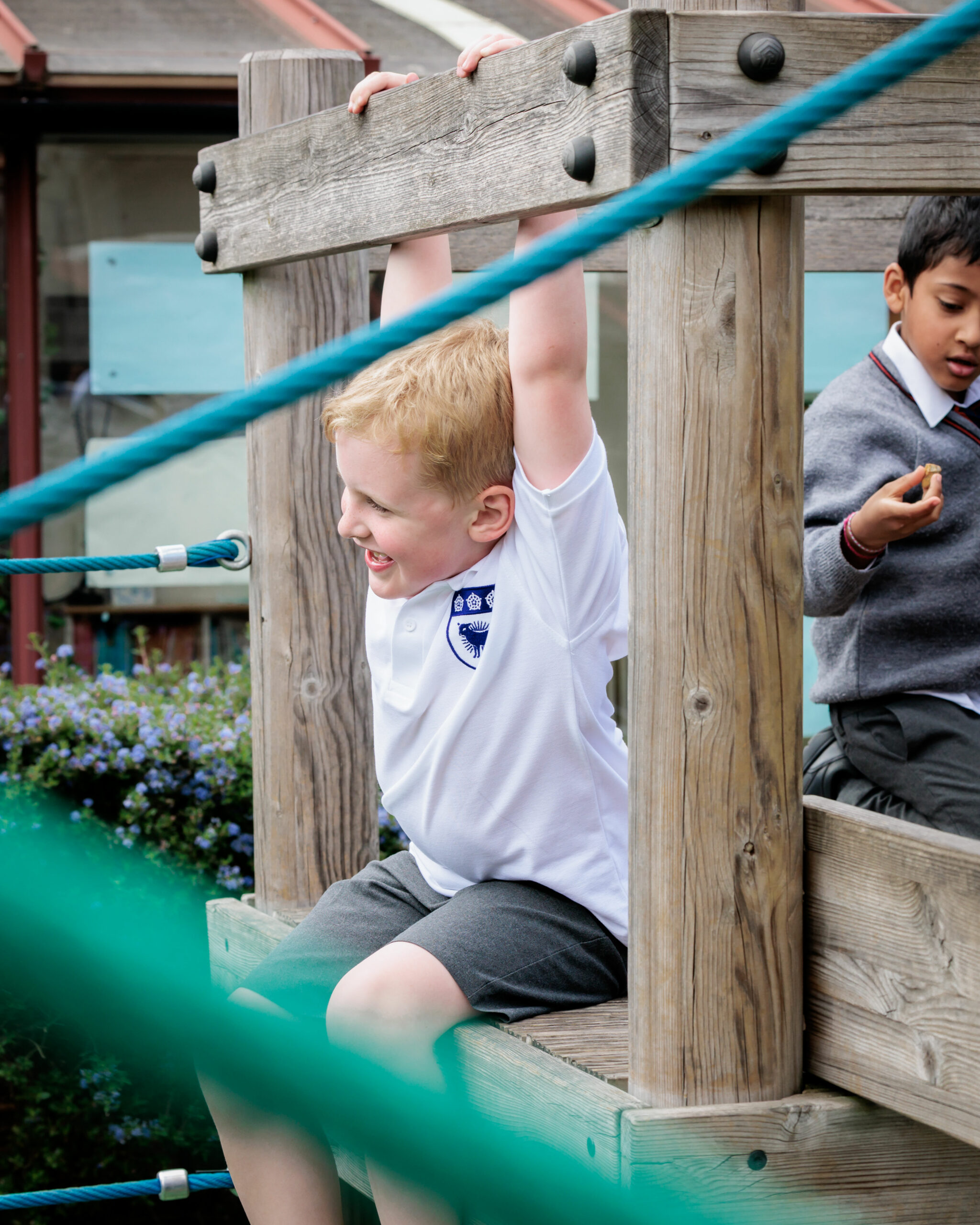
Nursery & Reception
The education provided in Nursery and Reception is a practical and oral curriculum taught through a range of exciting and stimulating topics. We encourage children to develop the following Learning Attitudes: concentration, communication and collaboration, independence, imagination, empathy, perseverance, curiosity and risk taking.
The curriculum is primarily delivered by the Nursery and Reception team led by form teachers. In addition, boys benefit from dedicated Music, French and PE lessons delivered by specialist teachers from across the Prep.
Our ’Reading at Home’ programme begins in Reception and continues into Year 1 and beyond, nurturing a love of reading from the earliest possible stage.


